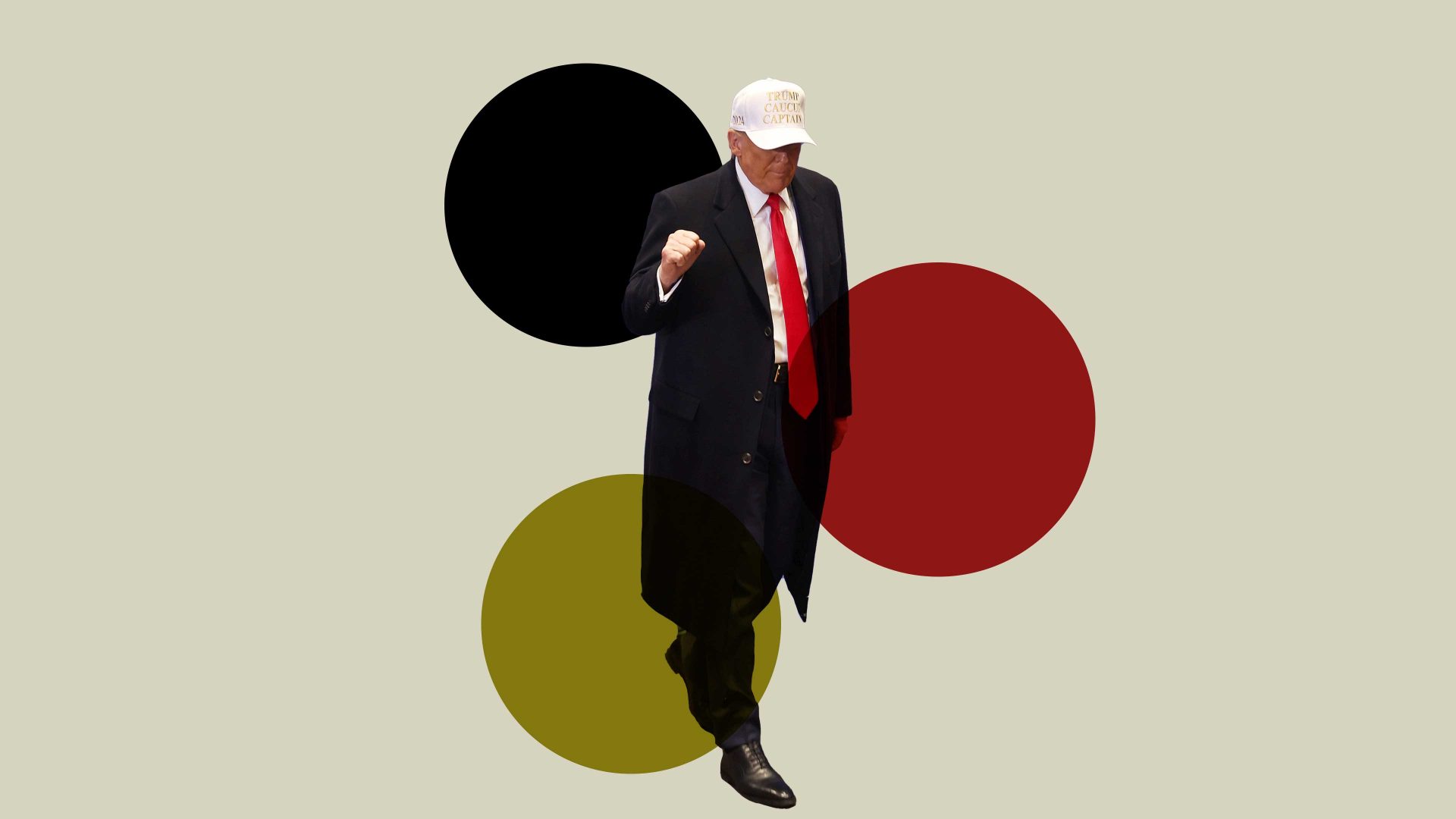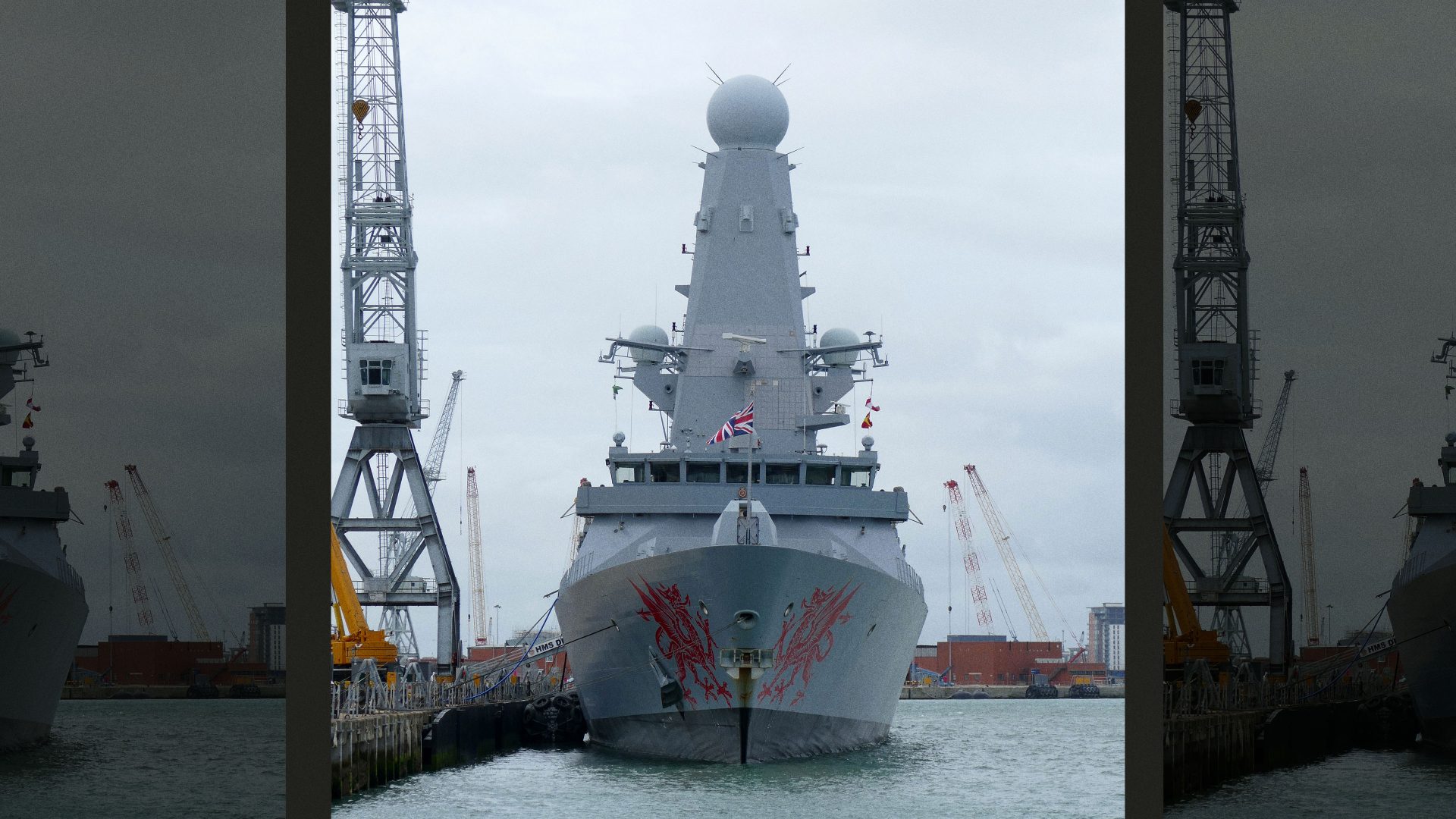Europe, we have a problem.
Rather a series of them. But let’s begin with the conspicuous orange-blonde one: it’s eight months until the potential re-election of Donald J Trump. Despite the widespread awareness of this scenario, it doesn’t look as if we are bracing ourselves for a looming catastrophe.
When I say “catastrophe”, I’m not merely alluding to the chances of a McDonald’s addict and traitor to democracy re-occupying the White House. I’m referring to the very specific repercussions for our security.
During his previous term, it was the national security adviser, John Bolton, who talked Trump into leaving Nato. If re-elected, no one will talk him into anything. His advisers will be yes-women and fan-boys, with a vast majority of Republicans uninterested in engaging globally anyway.
“It’s a strange time indeed when John Bolton, of all people, suddenly looks like a sane person,” remarked Benedikt Franke, CEO of the Munich Security Conference, when I spoke to him last week at the DLD, a leading innovation event in the Bavarian capital. “The scarecrow of Donald Trump is actually a very healthy thing. We know that he does what he says and that he is probably the only person who could destroy Nato,” Franke added, “but the sad truth is that we are woefully unprepared. We still massively depend on the US, we don’t carry our share of the burden in defence investments.”
This analysis rings true for Germany, whereas other European nations are displaying more effort. Last year, Warsaw announced that it had ordered close to 500 multiple rocket-launching systems. A few days later, Germany also placed an order: five MRLs. Poland is going even further: working on 1,500 tanks that will eventually surpass the combined armies of France, Germany, Italy and the UK.
France, meanwhile, is frustrated at Europe’s lack of unity: everyone goes arms shopping in different malls. Germany in the US and Israel, Poland in the US and South Korea and so on, while the Franco-German fighter jet project sluggishly aims for the year 2040.
So despite Trump’s first term and Russia’s war in Ukraine, European sovereignty remains a distant goal.
Trump II will not just be a challenge to Europe’s security, however. We could fall even further behind economically, because Don the Con never meant bad news for Wall Street. With another Trump term, experts anticipate further deregulation that will bolster the US giants’ balance sheets yet again.
Stephen Nundy, London-based chief technology officer of the venture capital firm Lakestar, warned at the Munich DLD event: “European companies will come under pressure to be bought up.” How do we make sure, he asked, “that Apple don’t buy more of our healthcare companies and Google don’t buy more of our communication companies?”
In 2008, before the global financial crisis, the eurozone and the US economy were roughly the same size. Today, the US economy is about 70% larger. It is home to 40% of the largest companies in the world (EU: 11%, UK 3%, China: 10%, fast-growing). And regarding future technologies, quantum computing, AI, fusion – yes, there is access to great talent and research in Europe, but we are not even close to the scale dynamics taking off across the Atlantic.
“We really screwed up our international strategy when it comes to industry,” Nundy laments. “At the IBM quantum conference in New York with 400 delegates, fewer than 15 of us came from Europe. It was insane. I see that time and again. We are very polite and wait to be invited, but we have to push ourselves into these conversations.” His other concern: “I’ve got portfolio companies based in the UK and Germany, 70% of their revenues are made in the US. Why? Why are US corporates and banks buying European-built solutions, but not Europe?”
As a Europhile, I found the official response in Munich underwhelming. Mario Nava, from the Commission’s Directorate General for Structural Reform Support, was asked what’s wrong with Europe, as we’re light years behind. He basically responded that there was awareness: two reports on competitiveness and the single market have been commissioned (impressive), and that Brussels was still working on the Capital Markets Union (since 1957, to be exact; Brexit obviously hasn’t helped).
The EU official’s key message was: “We derive our place in the world from the single market. It is our greatest strength.” True, there’s a single market, but there are also 27 mindsets. And that’s just the EU. Looking at Europe as a whole, we’re simply not up to what lies ahead of us.




